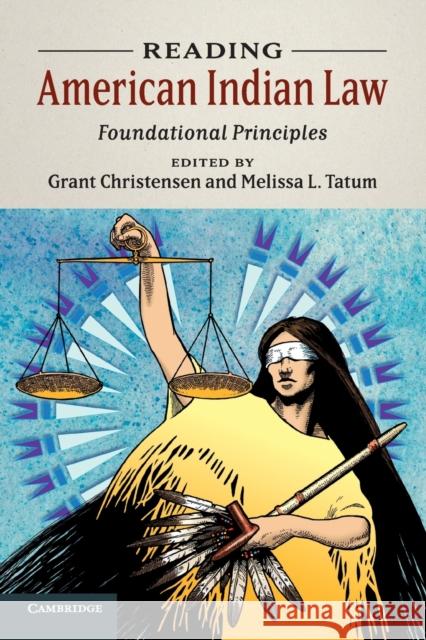Reading American Indian Law: Foundational Principles » książka
topmenu
Reading American Indian Law: Foundational Principles
ISBN-13: 9781108726481 / Angielski / Miękka / 2020 / 448 str.
Reading American Indian Law: Foundational Principles
ISBN-13: 9781108726481 / Angielski / Miękka / 2020 / 448 str.
cena 274,39
(netto: 261,32 VAT: 5%)
Najniższa cena z 30 dni: 211,46
(netto: 261,32 VAT: 5%)
Najniższa cena z 30 dni: 211,46
Termin realizacji zamówienia:
ok. 16-18 dni roboczych.
ok. 16-18 dni roboczych.
Darmowa dostawa!
Approaches the study of Indian law through the lens of 16 of the most impactful law review articles.











